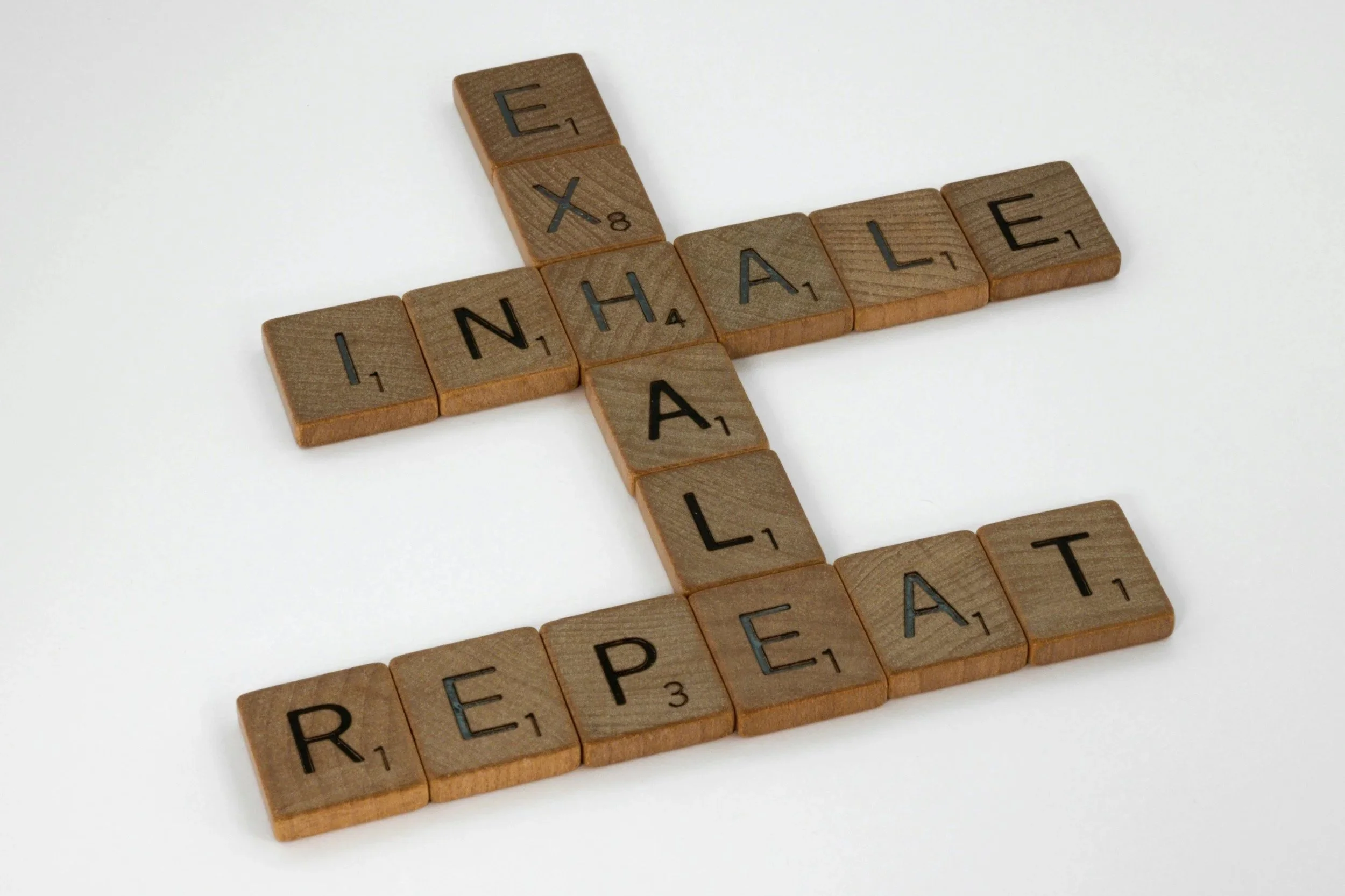The Hidden Ways Anxiety Shows Up in the Body
By: Kiara Jackson
You’re sitting in the middle of class or at your desk at work trying to focus, when suddenly your heart starts racing and you become short of breath. You try your best to calm yourself down, but your body will not listen. You may appear calm and composed on the outside, but your body is telling a different story.
Anxiety is sneaky and doesn’t just exist in the mind, it affects the entire body, resulting in things like muscle tension, headaches, upset stomach, and sleepless nights. The good news is, once we understand how anxiety shows up physically, we can take steps to calm our nervous system and feel more in control.
What Anxiety Can Look Like in the Body
Anxiety activates your body’s natural stress response, which can cause changes you might not immediately connect to your mental health. Here are some of the most common ways it shows up:
Stomach Issues: Anxiety can disrupt digestion, leading to nausea, stomachaches, diarrhea, or constipation.
Muscle Tension: The body often “braces” for stress, creating tightness in the shoulders, jaw, or back.
Headaches: Tension and stress hormones can trigger frequent headaches or even migraines.
Chest Tightness & Rapid Heartbeat: Anxiety may cause chest pain, heart palpitations, or shortness of breath, which can feel scary and overwhelming.
Sleep Struggles: Racing thoughts at night or restless sleep often come hand-in-hand with anxious feelings.
Fatigue: Constantly being “on edge” drains your energy, leaving you tired even after a full night’s rest
Ways to Soothe an Anxious Body
You don’t have to stay stuck in the cycle of physical anxiety. Here are some simple practices that can help calm your body when anxiety shows up:
Deep Breathing: Slow, steady breaths can help regulate your heart rate and signal safety to your body.
Progressive Muscle Relaxation: Tense and release different muscle groups to ease built-up stress.
Grounding Exercises: Focus on your senses (what you can see, hear, feel, smell, taste) to bring yourself back to the present moment.
Gentle Movement: Activities like stretching, yoga, or walking help release physical tension.
Rest & Routine: Prioritize sleep, balanced meals, and daily rhythms that support your well-being.
Experiencing anxiety in your body doesn’t mean something is “wrong” with you, it means your system is working overtime to protect you. The key is learning how to calm that system down and give your mind and body a chance to reset.
If you’ve been noticing these symptoms and they’re getting in the way of your daily life, you don’t have to face it alone. In my work with clients, we explore what message your body has been trying to tell you, and use tools to help calm your nervous system so that you can feel grounded again. Once you gain the ability to understand your body’s cues instead of fighting against them, you’re finally able to gain control. Your body becomes your ally rather than an alarm causing you to panic.
If you resonate with any of the above, just know that you don’t have to push through it alone. Healing begins when you learn to slow down and tune in. It’d be my honor to work alongside you to help you to better understand what exactly your body is trying to tell you and find effective ways to help calm your mind and restore a sense of calmness and relaxation.
Schedule a consultation today to start feeling more grounded, relaxed, and in control of your body and your life.
